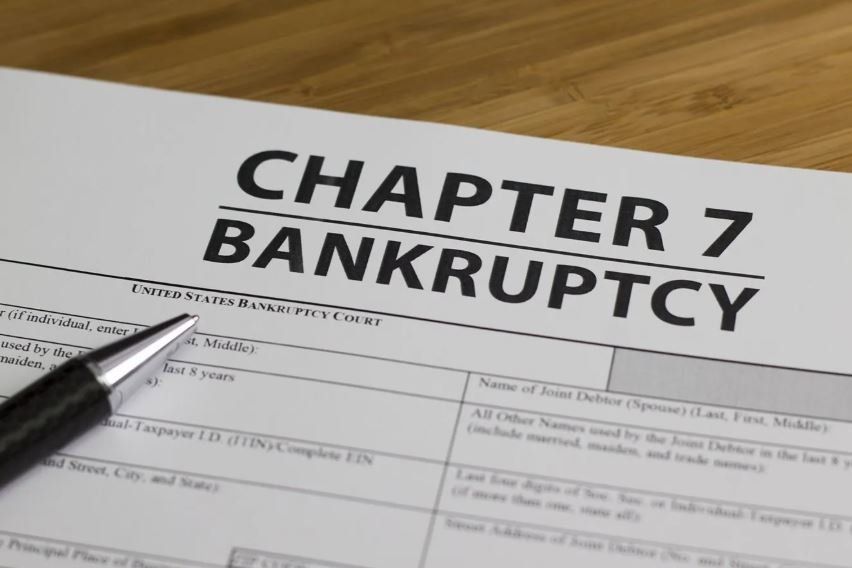Blog Layout
Factors That Determine Whether to Stay in a Class Action
Admin • February 11, 2019

A class action lawsuit allows multiple injury victims to sue a common defendant as a group. For example, if an industrial plant's carelessness poisons thousands of people, the injury victims can come together and sue the plant in a class action. Below are three of the major things you should consider before you opt out of or decide to stay in a class action lawsuit.
The Business of Your Schedule
The legal field refers to injury victims who join a class action lawsuit as members of a class. Class action lawsuits have two categories of members - ordinary members and representative members (also class representative or lead plaintiff).
The representative members hire the lawyer, file the lawsuit, involve themselves in the day-to-day management of the case, and even agree to any settlement. The class representatives do all these on behalf of other members of the class. Ordinary class members don't have to do anything but wait for the conclusion of the case.
Therefore, if you have a busy schedule and don't have time to litigate a case, you can join a class action as an ordinary member and won't have to do anything. You can continue with your activities as usual and still receive a share of any settlement or judgment the defendant may pay.
If you don't have a busy schedule and want to be involved in the daily management of the case, then you either become a class representative or file your lawsuit. In short, analyze your schedule and weigh it against your need to run the case directly to help you decide whether to join the class action or file an individual lawsuit.
The Amount of Damages
Apart from your schedule, you should also evaluate your damages before you decide whether to opt out of a class action or not. Your damages are the losses you suffered as a result of the defendant's actions. Your damages include medical bills, damage to property, lost wages, and pain and suffering, among others.
If you have serious damages that total to a lot of money, then you are better off with your individual lawsuit. Members of class actions tend to walk away with limited damages at the conclusion of cases. Don't be surprised if you walk away with only a small amount at the end of a case. The damages are split among the members, which means you likely won't get much.
Of course, such a little compensation makes sense if your damages also didn't total to a lot of money. Also, consider that you don't have to do anything to litigate a class action as an ordinary member of the class; you just wait for the paycheck.
However, such reason doesn't make sense for those who have thousands of dollars as damages. With such high damages, you are better off with your own lawsuit. You don't want to wait for a $200 compensation check if you can get thousands more via your individual lawsuit.
The Remedy You Expect
Lastly, the remedy you want or expect at the conclusion of the case will also guide you on how to proceed. Most members of class actions expect monetary compensation and may get it or other forms of financial rewards such as rebates or coupons for future services.
Financial compensation is not bad; stay in the class action if you want financial compensation. However, opt out of the class action if you want other things other than money from the defendant. If you want an industrial plant to clean up a polluted river, stop its operations, move to a different location, or apologize publicly for its acts, then you have to file a lawsuit yourself.
At Friedman, Poole & Friedman, P.C., we can help you pursue your damages if you want to opt out of a class action and file your own lawsuit. Contact us
so that we can evaluate your case and advise you on whether to opt out or stay in the class action.
September 1, 2020
The medical care you receive during your pregnancy affects your baby's health. Medical malpractice during pregnancy can harm the baby. Learn more here.
By Admin
•
May 1, 2020
If you own rental property, and you have some problematic tenants, check out these four reasons you can start eviction proceedings.
By Admin
•
October 21, 2019
Do you want to know what will happen to your investments if you declare bankruptcy? Use this short guide to investment types and bankruptcy results.
By Admin
•
September 11, 2019
If you've encountered harm due to a medication you took, you may want to consider filing a lawsuit. Read our blog to learn more about when you should file.
MOBILE
Address: 917 Western America Cir. Suite 210 Mobile, AL 36609
Phone: 251-344-5015
Fax: 251-725-6233
lcooper.wcp@gmail.com
DEMOPOLIS
Please excuse us as we are in the process of re-opening a Demopolis Office for in-person consultations. In the meantime, please contact our office if you are in or around the Demopolis area.
Phone: 334-287-0058
HOURS OF OPERATION
By Appointment Only
Content, including images, displayed on this website is protected by copyright laws. Downloading, republication, retransmission or reproduction of content on this website is strictly prohibited. Terms of Use
| Privacy Policy





